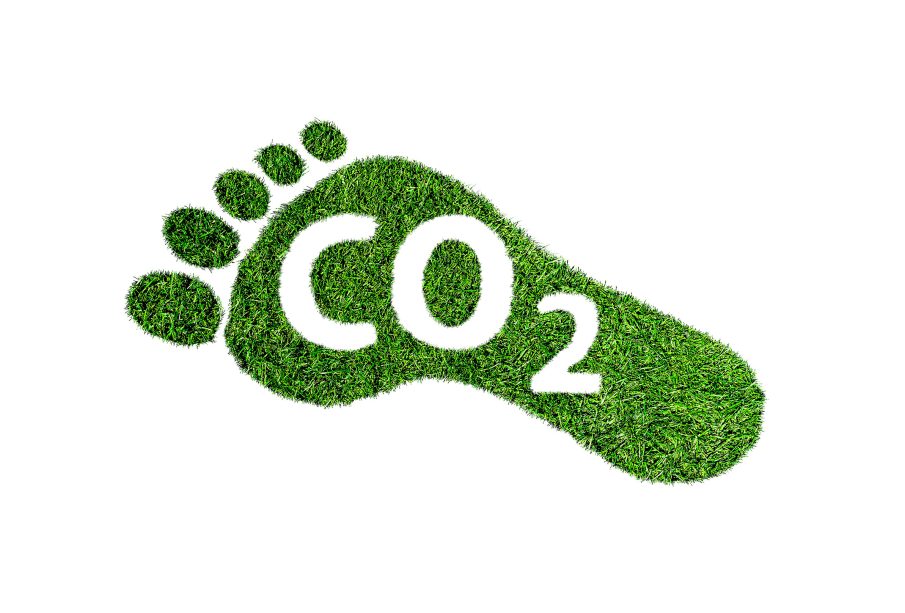Carbon Management Is Essential To Climate Change Mitigation

The impacts of climate change are affecting the planet now more than ever, and it’s critical that we do our part to limit its negative effects moving forward. One way to do this is by taking steps to reduce your carbon footprint, including starting a personal carbon management plan that includes calculating your carbon emissions, using alternative energy sources and reducing waste in your home or business. You can help save the planet while improving your own life at the same time with Carbon Calculator.
Greenhouse gases trap heat, causing global warming
Greenhouse gases, like carbon dioxide and methane, trap heat in the atmosphere. This causes global warming, which leads to rising sea levels, more intense storms and heat waves, as well as an increase in wildfires. Carbon management can help mitigate these effects by cutting greenhouse gas emissions through sustainable energy production and providing incentives for consumers to reduce their carbon footprint.
Carbon management is essential to mitigating climate change
The earth’s atmosphere contains carbon dioxide (CO2), which acts as a greenhouse gas and keeps the earth warm by trapping heat. As more CO2 enters the atmosphere, it increases global warming. With a changing climate, it becomes harder for things to grow and we lose biodiversity with species going extinct. The most important way in which we can reduce atmospheric CO2 is by managing our use of fossil fuels.

Carbon management can take many forms
There are many ways carbon management can take form. Carbon sequestration and storage, for example, are two approaches which remove CO2 from the atmosphere. Carbon sequestration involves collecting CO2 from industrial sources and storing it underground where it cannot react with the atmosphere. Storage is a more direct approach, where CO2 is captured and stored in tanks or other containers before being sold for use in various industries such as energy production.
Individual action is important, but collective action is necessary
Individual actions are important, but collective action will be necessary in order to slow and eventually reverse the trends of climate change. Individuals can help by conserving electricity, using public transportation, carpooling or biking instead of driving, and eating less meat. Additionally, individuals can reduce their own carbon footprint by avoiding products with palm oil and even limiting their use of plastic bags.
There are many ways to get involved in carbon management
The United States has set ambitious goals for mitigating climate change and minimizing the impacts on communities. Carbon management is an important part of that work. There are many ways you can get involved in carbon management, including recycling, composting, driving less, eating less meat and more plant-based foods, and getting off the grid by installing solar panels.















